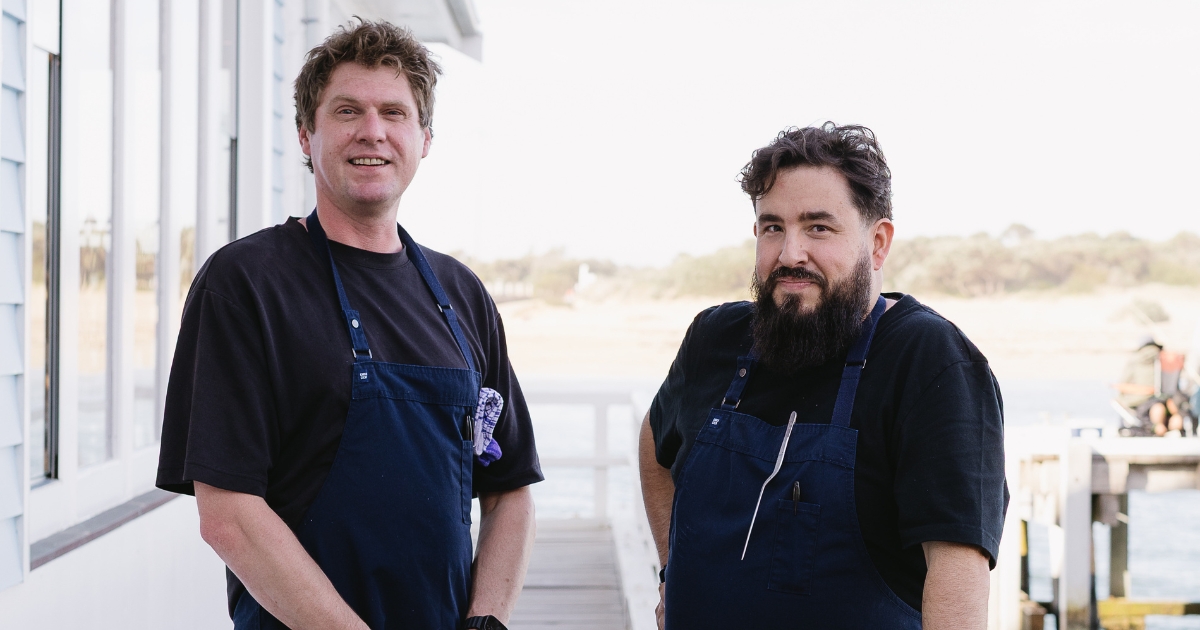Getting ready for the new school year made easy

Dr Elizabeth Rouse suggests taking a picnic to the school grounds before Term 1 starts so that children can become familiar with their new surroundings.
With the new school year creeping closer, a Deakin expert has shared her top tips for a stress-free start.
But Dr Elizabeth Rouse said it was parents, not students, who should heed her advice.
Dr Rouse, a senior lecturer in Early Childhood Education at Deakin University’s School of Education, said parents could ensure a smooth start to their child’s school year by effectively managing the family’s lifestyle and daily routines.
“Parents need to ensure their children, particularly children starting their first year of school, are getting a good night’s sleep, eating good food and have lots of time to relax and talk about their day and how they are feeling.
“This is particularly the case for younger children who can tire very easily and need to get into good sleeping and eating routines before they start school.
“Parents also need to create space for conversation and be careful not to overwhelm their children by voicing their own feelings and expectations.”
Dr Rouse’s tips are:
Lots of sleep
Kids need around 12 hours of sleep each day and getting that amount of sleep requires a regular bedtime, which needs to become routine before the start of the school year so that they are properly rested from day one.
Plenty of healthy food
Children come home from school starving. School is a busy, active place and often they are too busy playing to eat properly.
Dr Rouse said many families eat their evening meal later, but children are really hungry at 5pm. She suggests providing lots of healthy snacks around 5pm and not worrying too much if they don’t have much appetite when the family sits down together for a meal later on.
Make time for conversation
Parents need to provide the opportunity for conversation, both one-on-one and as a family. Children may feel a mix of excitement and anxiety about starting school, so parents need to allow children time to talk about their feelings.
Dr Rouse said it was important that parents don’t over-hype the situation and put children under too much pressure to be the “big kids”.
“Ask easy open-ended questions. Often children don’t know what they’ve learnt but they can tell you what they enjoyed or what they didn’t enjoy.”

















